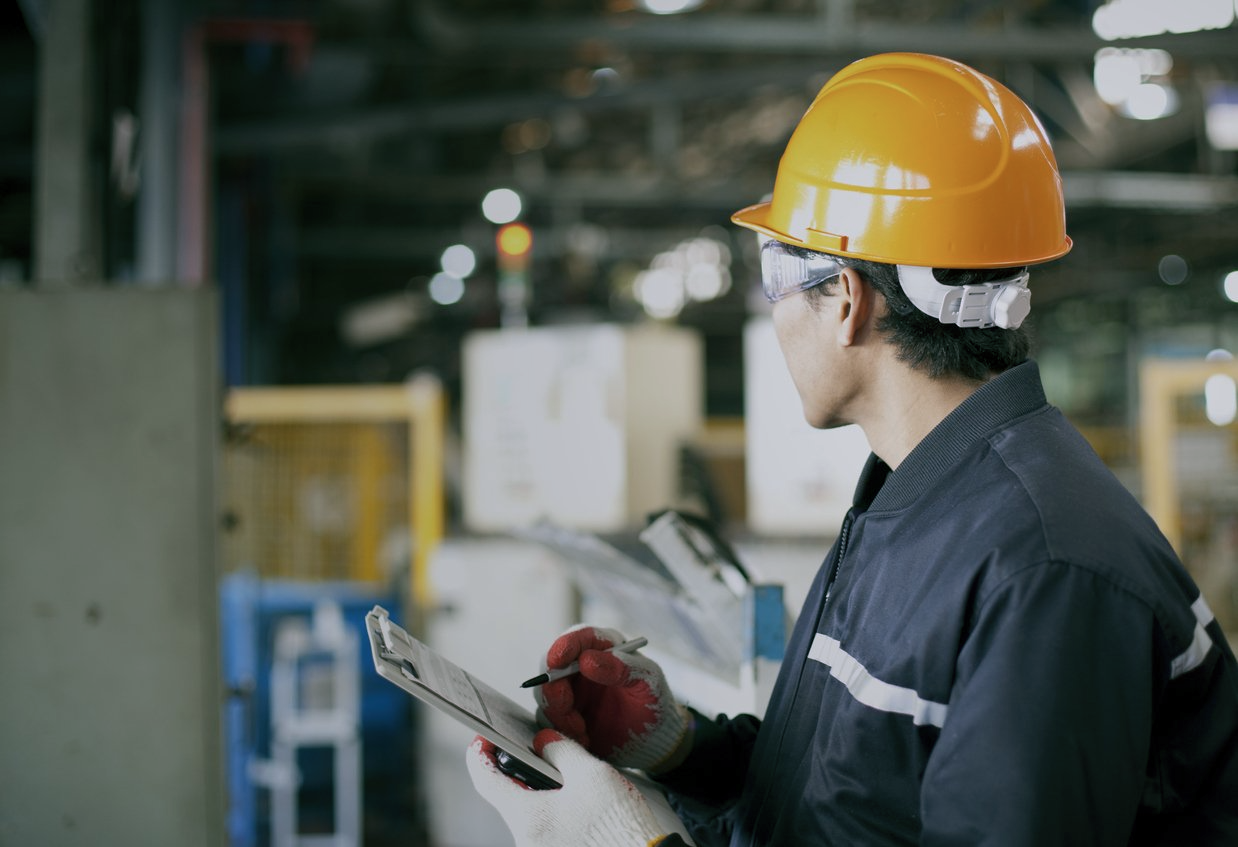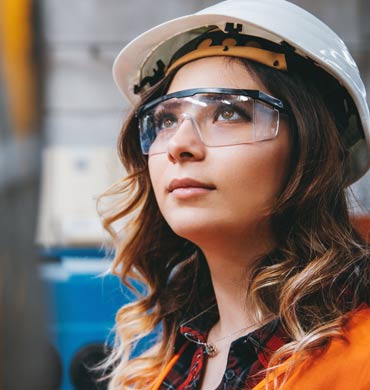Faced with the global COVID-19 pandemic, businesses worldwide found themselves making significant adjustments in 2020. Auditing processes are one example of the changing landscape during this crisis.
Some companies stopped all noncritical activities. In many cases, this included operational and compliance audits. More often, companies “paused” audit activities for a while, then continued as it became clear that the critical tasks that were not core to main business functions were going to be necessary, but perhaps in a different way.
So how are companies fulfilling the need to audit in light of changes in our workplace and workforce? Verrico Associates has observed a number of methods, each with its advantages and drawbacks:
Virtual/Remote Auditing
Just as the name implies, the process of auditing related to off-site review of an operating facility or headquarters can be completed virtually. Many organizations are executing audits through a remote audit interface using experienced audit teams.
Drawbacks: technology issues, lack of ability to physically observe processes and conditions (at least in a traditional way) and difficult logistics in terms of interviews, times, overlaps, etc.
Benefits: companies are able to do the audit, and some companies have noticed that virtual auditing creates more focused attention during the screen sharing sessions, as documents that are sometimes missed tend to get a more significant review (both in pre-audit and during the virtual sessions).
On-Site Auditing
During the pandemic, some companies continue to conduct on-site audits. In these cases, most companies go to great lengths to ensure the safety of their audit teams and the people with which they interact. This includes social distancing, personal protective equipment (PPE) and limiting “group interview” formats to reduce exposure.
Drawbacks: potential health impacts to auditors and auditees, and audit processes were at times strained (think about an interview with a plant operator while both are wearing hearing protection, now also with facemasks!)
Benefits: ability to better observe process conditions and operations and a more traditional approach to the audit process.
Hybrid Auditing
One audit approach taken by some organizations includes detailed remote audit activities with a focused, abbreviated onsite component.
Drawbacks: potential to expose audit team members and auditees to limited health impacts and issues associated with the coordination of off- and onsite activities.
Benefits: ability to limit health exposures while still conducting physical observations and “drilling down;” as onsite audits focus on potential issues uncovered during remote audit activities.
Overall, Verrico sees interesting company reactions to address the audit planning process and execution based on the global pandemic. The future of auditing may change based on these reactions, and possibly for the better. To learn more, or provide other thoughts based on your experience, contact us today at info@verricoassociates.com.





